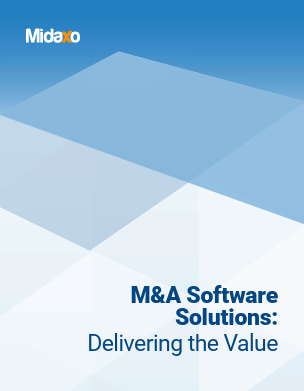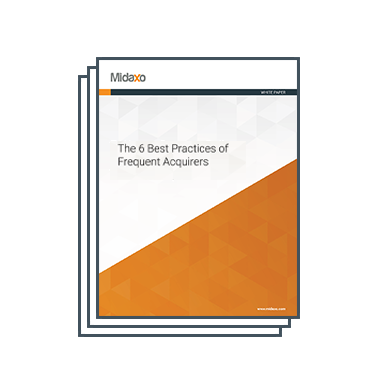Introduction:
If you operate in the world of finance, business, or mergers and acquisitions, you’ve noticed that private equity (PE) activity is at a record breaking level. The number of PE deals reached 3,708 in the second quarter of 2021 (clocking in at over 4 billion dollars — more than half of the amount 2020 registered), and they do not seem to be slowing down. Today we provide a brief overview of six factors currently driving the best year ever for PE firms.
- The Pandemic — While PE firms are always significant to the overall function of our economy, the COVID-19 pandemic certainly has contributed to their rise this year in the world of mergers and acquisitions. In fact, Deloitte asserts, “In times of crisis, such as the COVID-19 pandemic, [PE firms] often become even more important, providing companies with capital and industry expertise to help them weather the crisis better.”
Moreover, during the pandemic, or any time of crisis, PE companies can purchase companies at a lower cost and essentially “flip” them — improve the company’s performance and operations and then exit with a profit (we can look back to the financial crisis of 2008 to support some of these assertions). PE firms have also been smart in terms of focusing on pandemic-resistant businesses, such as home services and health care. Finally, a successful COVID-19 vaccine rollout has also been a vital aspect of PE deals and fundraising. - Low Interest Rates — When interest rates rise, PE activity tends to slow and investors focus on credit securities and income; however, when interest rates drop, PE activity increases since firms tend to engage in leveraged buyouts. Locking in lower interest rates allows PE firms to increase their return on investment (ROI).
- Focus on Cultivating Diversity — The ability to craft relationships and provide top-notch industry expertise set certain PE firms apart. Enhancing these two pillars is the creation of diverse boards. Driving PE importance and success is the fact that many PE firms are focusing on building diverse boards and diverse portfolios. The firms that prioritize diversity and a wide variety of perspectives are predicted to do quite well. After extensive research and surveying of PE firms during the pandemic, Deloitte hypothesizes “PE firms that have diverse teams and boards can also be more innovative and may be able to source more and better deals…”
- The Flexibility for Doing Deals Remotely — Private equity firms did not falter in the shift to conducting deals and fundraising remotely. In general, these firms leveraged their relationships and technological expertise to maintain robust and efficient deal making and successful fundraising strategies.
- The Benefits of PE Networks — Private equity leaders tend to have an extensive and vibrant network of C-suite contacts and relationships. These relationships are often leveraged to create strong deal strategies and, ultimately, positive deal value. The benefits of networking in general are well-known in business, but when you combine these benefits with the high-level contact and relationship advantages within private equity networks themselves, the stage is set for powerful and fruitful PE deal making.
- Increase in SPACs and Add-On Deals — An increase in Special Purpose Acquisition Companies (SPACs) also kept PE firms busy. Additionally, more and more PE firms have been looking to Add Ons to generate value (it is estimated that 70% of PE deals in the US are related to Add Ons).
Final Thoughts:
PE growth and success is expected to continue over the next few years. Though the conditions are ripe for PE firm success and many deals are taking place, not all firms are coming out victorious. It is important to note the best PE firms have a strong track record of success and industry knowledge, as well as the ability to craft specific value creation plans.





